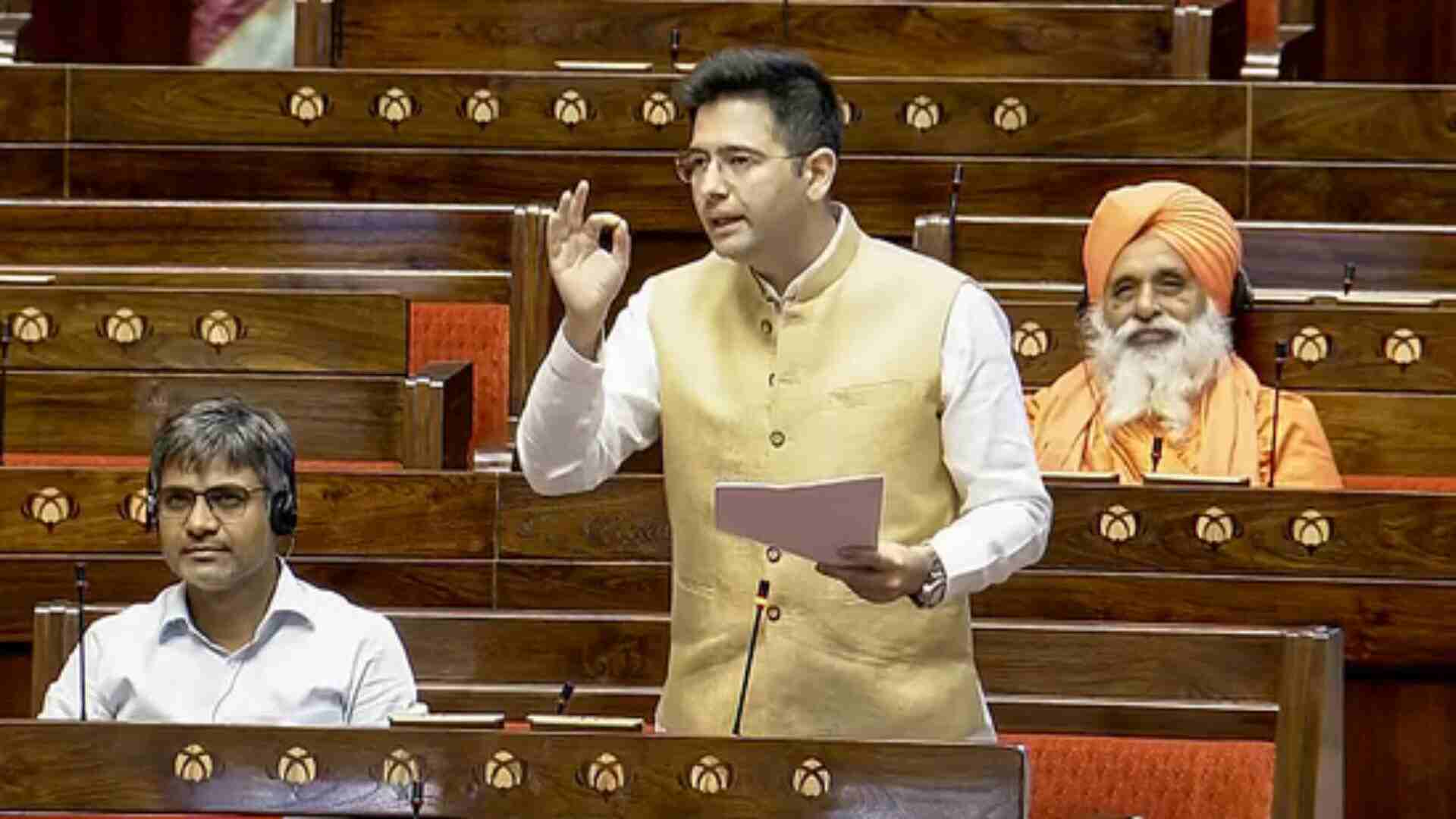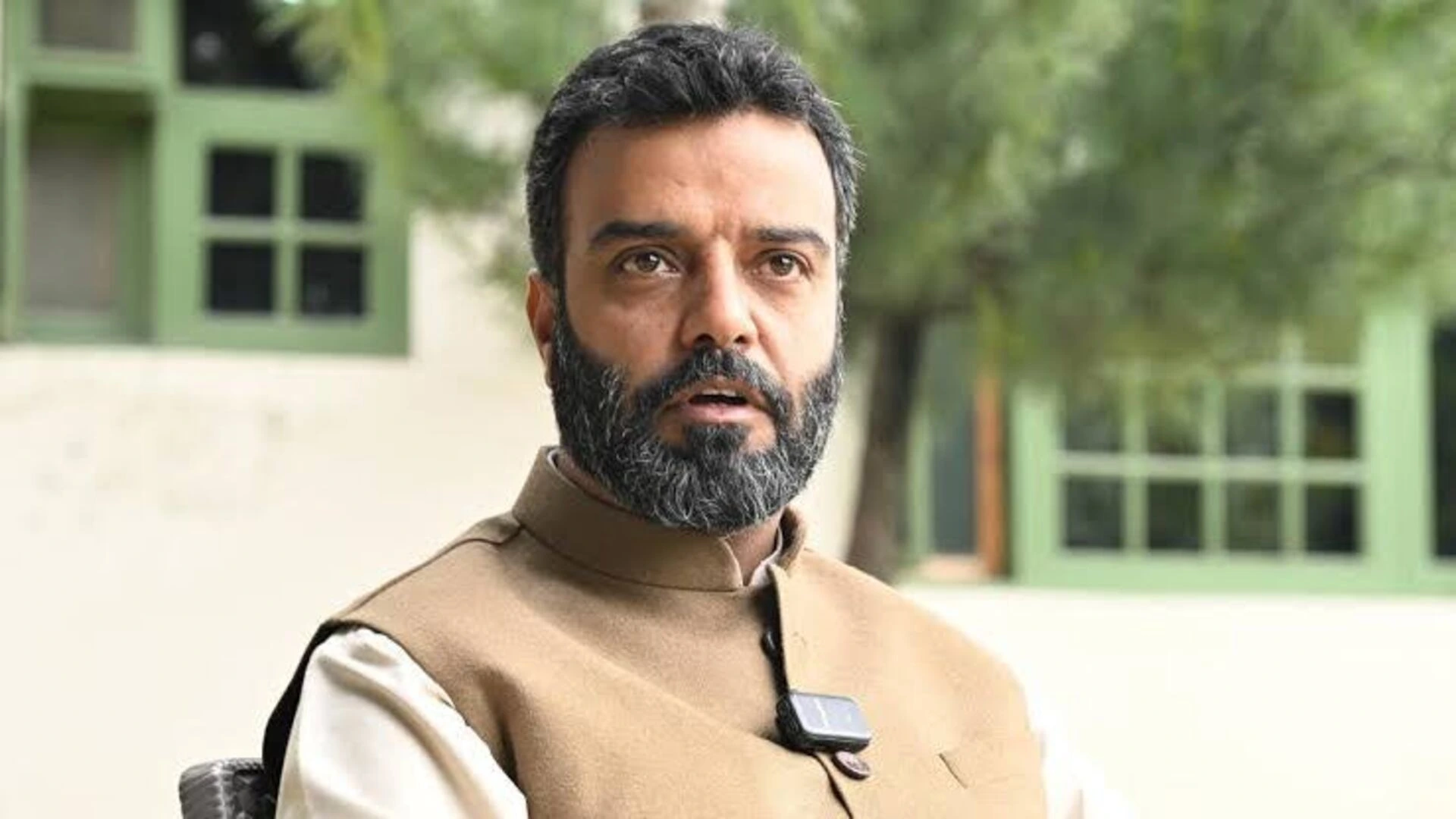AAP MP Raghav Chadha recently voiced strong criticism against the central government’s decision to remove the indexation benefit for long-term capital gains on the sale of old properties. During a Rajya Sabha session, Chadha described this move as a ‘grave mistake’ and outlined several potential negative consequences.
Indexation benefits, which adjust the cost of assets for inflation, previously allowed investors to reduce their tax liabilities. By removing this benefit, the Union Budget 2024, presented by Finance Minister Nirmala Sitharaman, imposes higher taxes on the sale of immovable properties, gold, and other unlisted assets. Chadha argued that this change will lead to a series of adverse effects.
Firstly, Raghav Chadha warned that the removal of indexation will likely decrease investment in the real estate sector. Without this tax relief, potential investors might be deterred, making it harder for people to purchase their ‘dream homes.’ He emphasized that the increased tax burden could disincentivize investment and stifle growth in the real estate market.
Additionally, Chadha expressed concern about the rise in corruption and undervaluation of property transactions. He suggested that people might report property deals at lower ‘circle rates’ to minimize their tax liability, thereby encouraging dishonest practices and inflow of black money into the market.
Removal of ‘Indexation’ benefit from the Investor is a grave mistake by the Government.
I explain in detail. Please watch. pic.twitter.com/AhB7vViy0n
— Raghav Chadha (@raghav_chadha) July 25, 2024
Chadha also criticized the broader tax system in India, arguing that it imposes high taxes but fails to deliver services on par with those in other countries. He called for a comprehensive review of both direct and indirect taxes to better align tax policies with public services.
Overall, Chadha’s remarks underscore a significant debate on the impact of fiscal policies on investment and economic integrity. As discussions continue, the implications of these changes will become clearer, potentially shaping the future landscape of taxation and investment in India.







